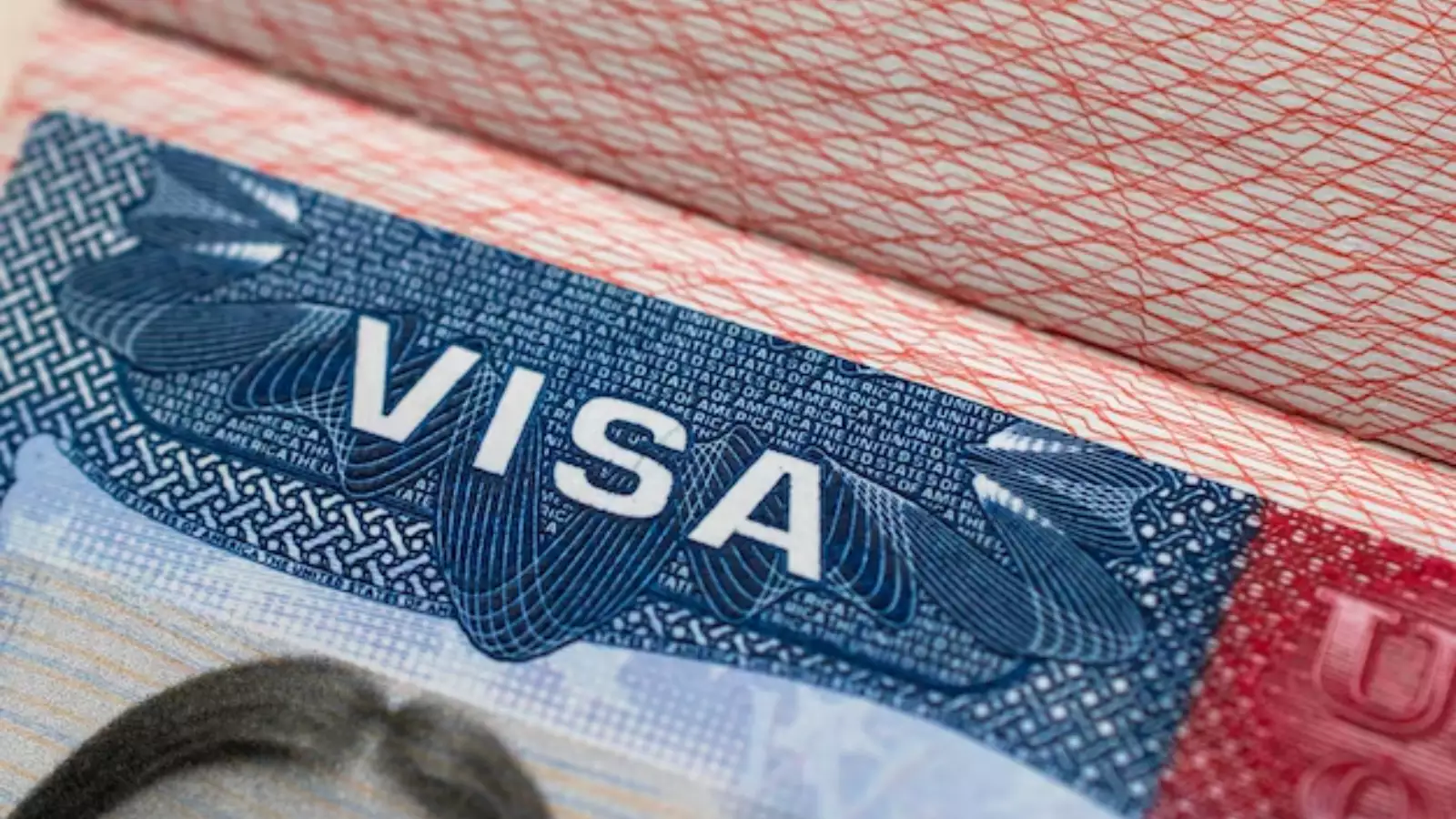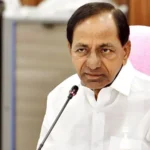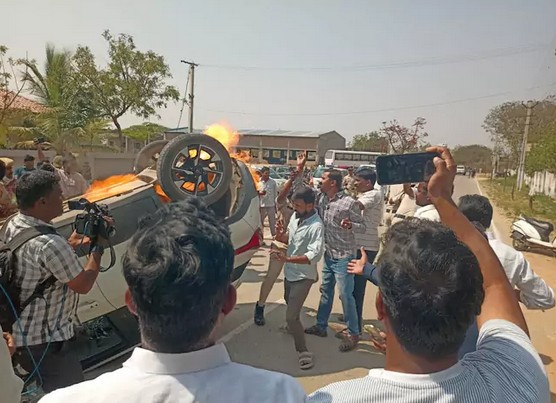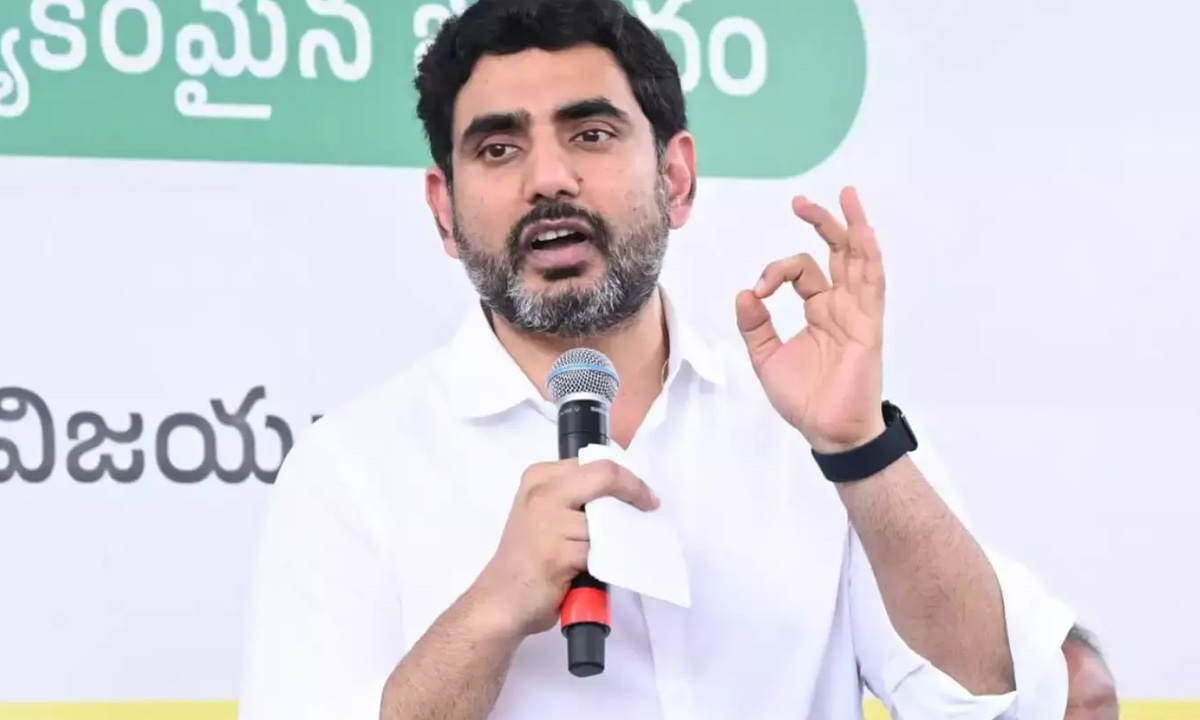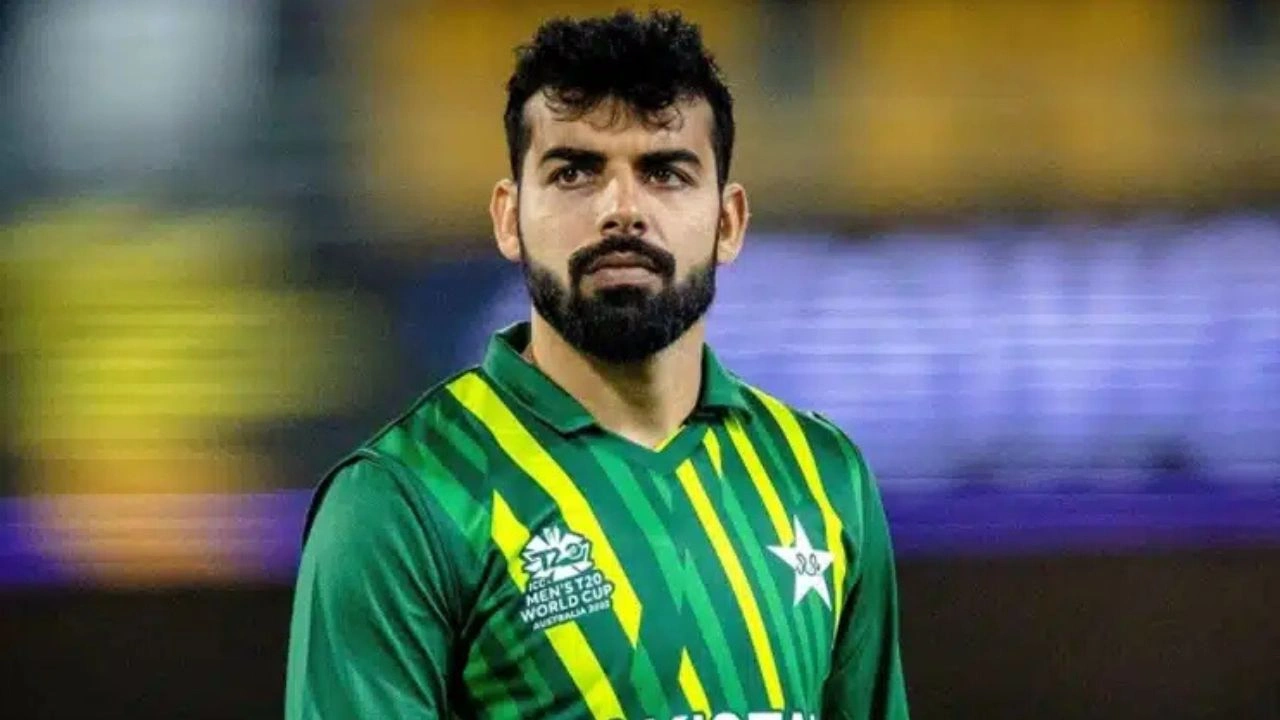Hyderabad: The dream of pursuing higher education in the United States is facing a major hurdle for thousands of Indian students, particularly from Andhra Pradesh and Telangana. Consultancy firms based in Hyderabad report a significant spike in F-1 student visa rejections, with a large share of these denials affecting applicants from the Telugu-speaking states.
The F-1 visa, a non-immigrant visa granted to international students for full-time academic programs in the U.S., has seen a sharp decline in approval rates over the past year. According to data from the U.S. Department of State, of the 679,000 applications submitted globally during the 2023–24 fiscal year, 279,000 were rejected—representing a 41% refusal rate. In contrast, the previous year saw a 36% rejection rate from 699,000 applications.
Consultancy firms say this is the highest visa rejection rate witnessed in over two decades. Despite receiving admissions from accredited U.S. institutions, many Indian students are being denied visas. While U.S. authorities have not disclosed specific reasons for the spike, experts point to increased scrutiny of documentation and stricter assessments of applicants’ intent to return home after their studies.
Even minor discrepancies in personal details or supporting documents are now grounds for rejection, noted one consultancy representative, adding that in previous years, such errors were often overlooked if key requirements were met.
Industry observers also suggest that growing concerns over visa overstays by previous student cohorts may be influencing the heightened rejection rates. This has prompted U.S. immigration authorities to adopt a more cautious approach toward new applicants, especially from high-volume regions like India.
The fallout is already being felt, as students who face visa denials are now shifting their focus to alternative destinations such as the United Kingdom and Germany, where visa processes are currently perceived as more student-friendly. Consultancy representatives confirm that interest in European education options is on the rise among students from India.
The development has triggered concern among aspiring students and educational institutions, raising questions about the consistency of U.S. visa policy amid growing global competition for international talent.


